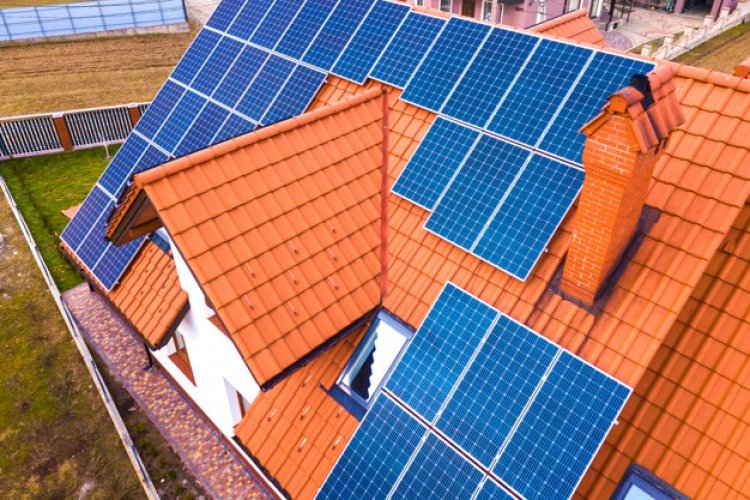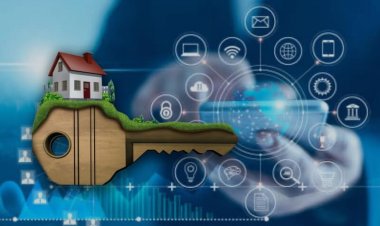Moving to Solar Energy; On-grid and Off-grid Solar Power Systems
As the price for electricity continues to go up, homes, industries and businesses are opting for cheaper ways to get reliable electricity hence solar energy. The Kenya Power and Lighting Company (KPLC), raised an alarm last year on the switch by its clients to solar energy, this was due to the increased electricity prices. Due to this shift, It has also decided not to be left behind in this race and has ventured into solar energy. With the world moving to renewable energy, solar energy is definitely the way to go. With more rooftops of residential homes sighting solar panels In Kenya, installation of panels in homes has become cheap and ranges from sh 300,000 to 360,000.

Solar panel systems are advantageous and don't require much maintenance. They lower or with time eliminate utility bills, increase home value and are easy to maintain.
The number of solar panels you need will depend on how much electricity you use in your home, you will however leave that to a solar power company, also for your installation. There are two forms of solar panel grids to choose from; The on-grid solar power system and The off-grid solar power system.
On-grid solar power systems
They are connected to the main electricity grid. Just in case the electricity produced on your solar panels is not enough, you will use the electricity of the main grid. Also if your solar panels produce a lot of electricity, they will be fed back to the main grid and supplied elsewhere around. On-grid solar is more preferred by homes and businesses because you are assured of electricity being available. You can also divide the appliances i.e those you would like to be connected to the main grid e.g TV and those that will be connected to your solar panels e.g refrigerator, laptop. This is also cheaper than off-grid solar power systems.
Off-grid solar power systems
They are not connected to the main grid and use batteries to store the electricity produced. The batteries are however expensive and that is why most people don't prefer them. This method is however best suited in rural areas where there are no electricity grids which is unfortunate in today's age or if there are constant power outages and the electricity is not reliable. The excess electricity produced by your solar panel is used to charge your battery when the solar panel system is producing little electricity.

 Hiram
Hiram 































